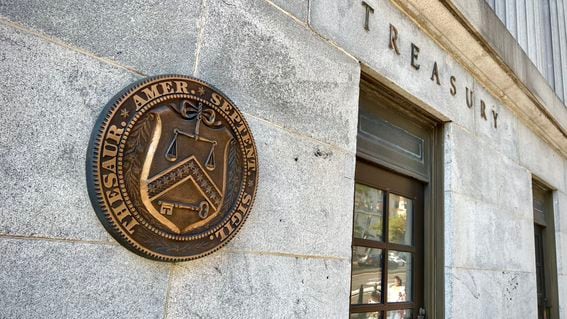
The Wall Street advisory committee under the U.S. Treasury has explored the potential benefits and risks of tokenization in finance.
Key Points
- The committee lauded the advantages of tokenizing U.S. debt and other assets, noting significant potential advances in efficiency and transparency.
- There is a caution regarding stablecoins like Tether (USDT), which the group believes could pose significant risks in times of market distress.
The committee emphasized that tokenization could unlock various benefits, including instant settlement and risk reduction in transactions. However, it suggests a need for central control, warning that the rise of stablecoins must be approached judiciously to safeguard financial stability.
“A collapse of a major stablecoin like Tether could result in a ‘fire-sale’ of their U.S. Treasuries holdings.”
With ongoing discussions surrounding central bank digital currencies (CBDCs), the group highlights that a shift towards CBDCs might be necessary, potentially replacing stablecoins as a more stable form of digital currency. Given the regulatory landscape, opinions in the advisory panel suggest a tempered approach, considering the political resistance toward U.S. CBDCs.
Overall, the advisory committee’s findings present a mixture of optimism for the capabilities of tokenization, paired with a wary acknowledgment of the need for governance and oversight in the evolving digital landscape.
